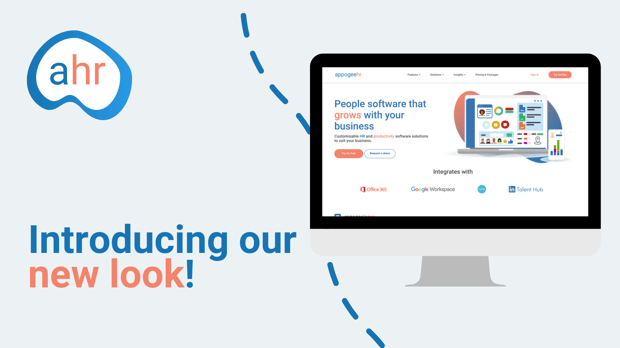Stepping up to a digital future: how HR can lead the way

One only needs to look around to appreciate how the future of work (and HR’s role within it), has never appeared to be more tricky to navigate.
Rulebooks are being torn up as organisations have become part physical, part virtual, part hybrid, part synchronous but also part asynchronous. Talent has re-evaluated what is important to it and no longer was to settle for any old job at any old company. Just how CEOs solve these and a myriad of other issues is weighing on their minds as never before. When Deloitte interviewed 110 global bosses earlier this summer, its results were unambiguous: attracting, hiring, retaining, developing, growing, and engaging talent comprised one out of every four responses. To respond to demand for companies to be more authentic, commitment to DE&I (Diversity, equity and inclusion) was ranked as a personal goal by 94% of CEOs (almost unheard-of levels of support), and eclipsing even this, 98% revealed employee mental health and wellbeing will be their priority even after the pandemic. To say that business leaders feel in a state of flux is probably an understatement.
But while the ultimate destination may still be uncertain for firms, ironically the journey they must take to get there (wherever ‘there’ may be for them) is actually revealing itself with ever degrees of clarity.
People-centric change in a digital world
Increasingly, the foundation for much of the softer, people-centric change is now being found in digital transformation – a basis by which firms can return to growth, and create the sort of innovation that excites and fortifies staff. PwC (in its 24th Annual CEO Survey) found organic growth was a top priority, and that to achieve it digital transformation was the vehicle. Some 41% planned to boost investment in it by 3-9%, yet 43% said they were going to do it by 10% or more.
It’s not difficult to see why. Digital transformation is organisational transformation too. It’s a reduction/streamlining of processes and complexities in organisations; it’s data-driven decision making; it’s about embedding agility and resilience, and fundamentally it’s about building robust operations that feed into HR analytics.
Digital transformation in HR
Digital transformation necessary brings attention to HR departments – to be much more analytics-based, and offer more accountability for human capital. While it’s people that make digital transformation happen, but when done well the results of good embedded technology is clear. Gartner has found that when organisations offer out focused information in the hiring process alone, and intelligently guide candidates with digital solutions, the number of regretted decisions decreases by 75%. Once talent joins organisations data suggests that digital technologies can help accelerate progress towards enterprise goals by 22%.
Workplace efficiencies (40% claim digitisation creates better efficiencies), come from better workforce planning, better task management, more refined goal setting and better reporting on progress towards goals. Digitisation also has a hand to play in creating a more balanced wellbeing agenda too – with technology now able to correlate absence and staff performance data, and able to suggest interventions if staff output seems to be suffering.
As workers are increasingly hybrid in nature, and can suffer from a sense of ‘disconnection’ from the corporate HQ, digital processes that schedule one-to-one catch-ups, and/or disseminate information can also help create the right ‘experiences’ that employees need to feel. Quite rightly, companies generate 90% of the value through their ‘intangible assets’ – things like brand value, but also the engagement of their people. Tuned-in HR needs to recognise the value that their work has in creating this, and act as rightful partners in the boardroom.
Of course, some of this isn’t rocket-science, and the requirement for HR to lead is also not new. But what is new is the manner in which the Covid-19 pandemic has brought about enhanced disruption, and speeded up the time in which HR needs to sensibly respond. The future HR departments know they need must be the product of the future it wants to nurture for itself by working with leadership teams, producing people data and creating consistent people-centric processes that work for staff wherever they’re working.
Are you ready to transform your HR?
You can start transforming your organisation for the future of work today. Get started with our 14 day free trial of Appogee HR to see how our features can help align your company for the future. Alternatively, request a demo with a friendly member of our team!
.png?height=168&name=appogeehr%20(1).png)





